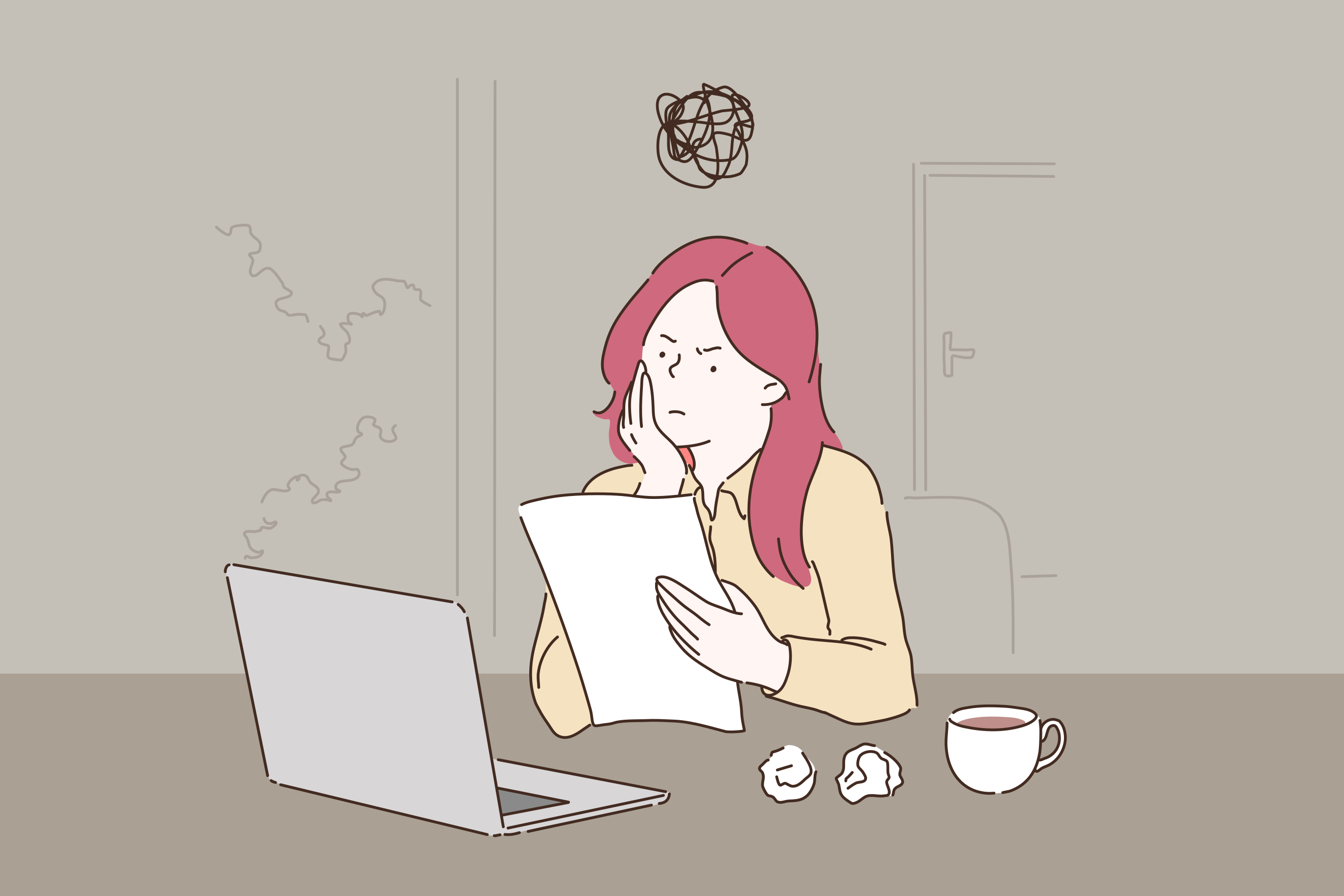
How To Put Your Emergency Miles Behind You
Everyone seems to be drowning in debt, whether it’s from student loans, hospital bills, or expenses that just keep adding up. The loans themselves suck, but then you also have the interest making them even more expensive over time. If you refinance your loans in Arizona with an installment loan, you can have better control over what you’re paying and reduce the amount that you owe. But how do you put your emergency miles behind you? I’ll explain first off what you need to consider when it comes to loans in Arizona, and how that can enable you to find better options when it comes to your money.
Should You Refinance Your Loans?
Well, that depends if you have the resources to do so. First off, how’s your credit? You cannot refinance your loans if your credit is in the red, as it will be very difficult to find a new loan with better terms. If you took out a loan previously due to financial constraints, has your credit improved since then? Let’s say that you took out a loan last year, and for a full 12 months you have paid on time, including interest—if you have done this, your credit will have increased since your previous approval, and you will most likely be in a position for a better interest rate and timetable. Plus, as time has passed, other influencers will have also potentially lowered interest rates on loans, giving you more lenders to choose from.
The questions you really want to ask yourself include: is your credit average or above? Are you having difficulty keeping up with your monthly bills? Was your initial offer not the best? Has your financial situation improved? If your answer to most of these is yes, then it wouldn’t be a bad idea to refinance your loan.
Benefits of Refinancing Your Loan with Installment Loans
The two big benefits include your interest rate and time available on the loan. There are two different goals here when it comes to an Arizona installment loan: one is saving money in the short-term, and the other in the long-term. If you’re wanting to save money for a home or other large purchase, or just simply want to put more into your savings by the end of the term of your loan, then saving in the long-term will provide you the most financial relief. However, if you are having difficulty keeping up with your monthly bills, then financial aid in the short-term is what you’re after.

Lower Interest Rate On Your Loan
What are the benefits when you refinance your loans? Well, as previously stated, you have some great potential in finding a better interest rate if you haven’t sunk your credit score. Why is this important? Your interest rate is extra money on top of what you owe, and the higher it is, the more money you lose. Let’s say that you owe $20,000 on your loan and your interest is 6% over the span of 60 months. You will be paying $333 a month towards your loan, and approximately $53 extra in interest, making your total payments on interest $3,199.
Now let’s say you refinance that loan for 3% interest, and because you’re more financially stable than before, you will be paying off your loan over 36 months instead. The total interest you will be paying on that loan equals $938—you can see, by speeding up the timetable and reducing the rate, you’re saving around $2,000 that can go towards your long-term savings. There are lots of tools on the internet that can assist you in seeing the big picture and understanding how big of an impact refinancing can have on your money situation.
Longer Timetable on Your Loan
In the event that you need a longer time to pay back your loan because your monthly payments are too high, refinancing your loan with an installment loan might be the solution to your problem. Unfortunately, you don’t get the benefit described in the above section of saving more money over the long-term, but so long as you are able to acquire a lower interest rate than the one you currently have, you can still make a better deal if you refinance your loan.

Why Hold Off to Refinance Your Loan?
If you have already paid off the majority of what you owe, chances are that refinancing your loan won’t save you a whole lot of money. If the fees involved in refinancing your loan outweigh the benefits, then you should definitely stick with your initial loan.
So What Do You Do Now?
You should take a seat in front of your computer and calculate your credit score, take a look at your savings and income, and do the math to see if first and foremost you can apply to refinance your loan. After reviewing your loan agreement, if the fees do not outweigh the benefits of refinancing, then attempt to refinance and apply for an installment loan from Southwest Title Loans. You can learn more on the installment loans information page.
Finding an alternate installment loan that provides a better payment plan is important, so make sure you do your research and find a credible lender. While that is the optimal situation, you can of course utilize the refinancing to better manage your monthly expenditure. While you certainly won’t save as much money in the long-term, it will at the very least make your life easier in the interim.






